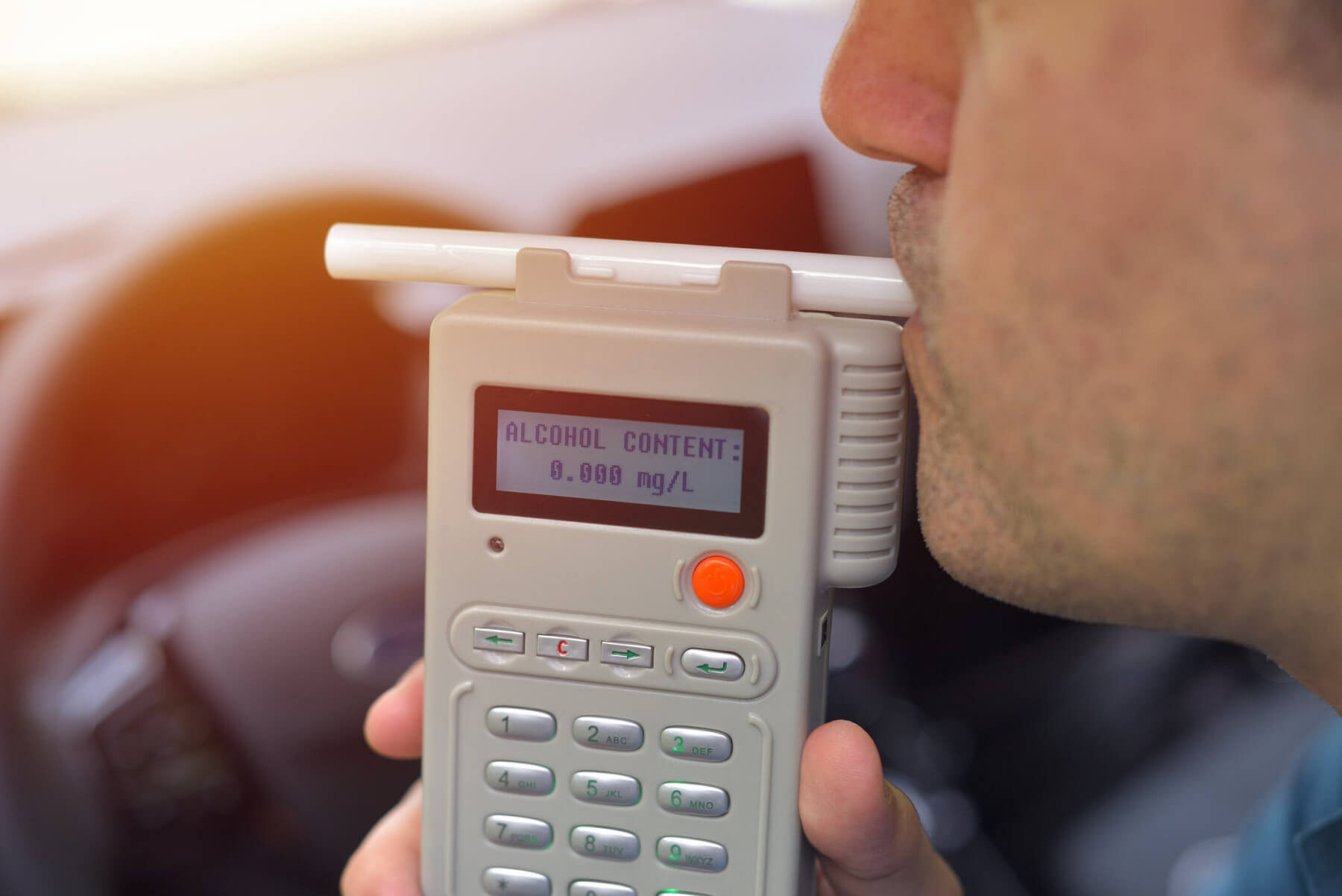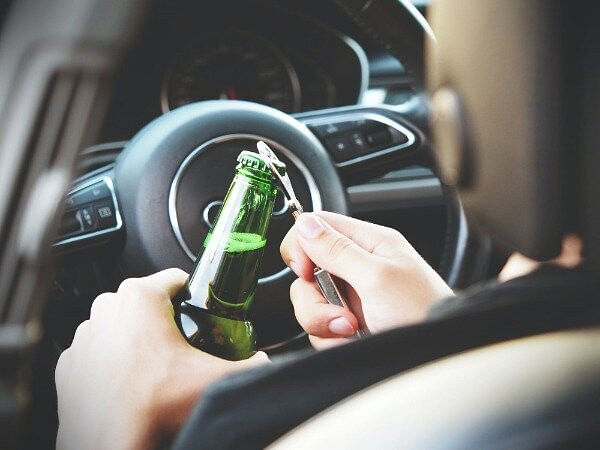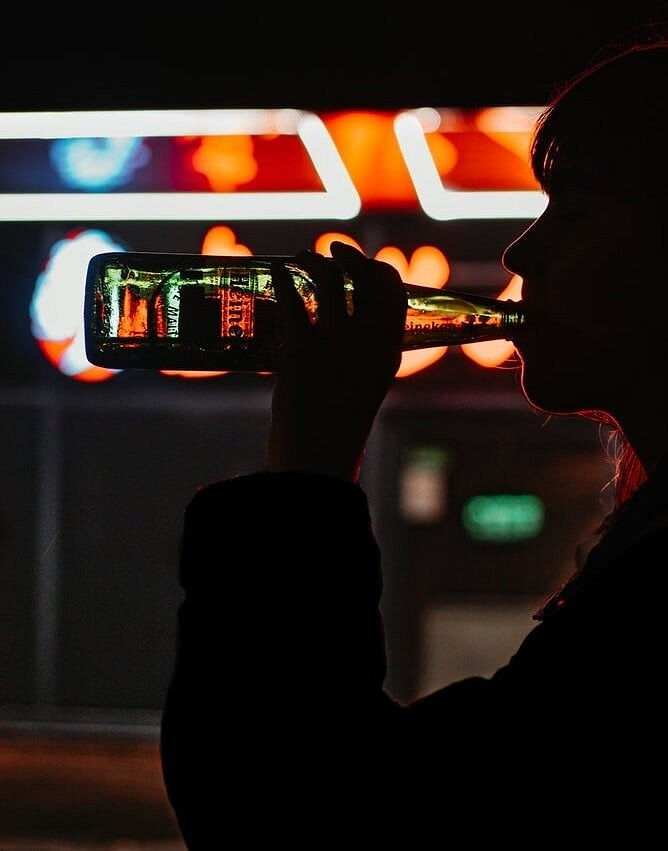
Our Houston DWI Lawyers Know How to Challenge Breathalyzer Results
When you are arrested for DWI the arresting officer, evidence technician, or certified intoxilyzer operator may request a breath and/or blood sample from you and ask you to blow into the Intoxilyzer 9000, or commonly known as a breathalyzer. If your breath alcohol content (BrAC) is at or above the legal limit, you are classified as legally intoxicated in the State of Texas.
HOWEVER, the DA or prosecution's office are required to prove that you were actually above the legal limit AT THE TIME OF DRIVING. On most DWI arrests in Texas, the breath test usually occurs a merely 30 minutes up to 2 hours after the time you were stopped or encountered by a police officer.

It is crucial to consult with a lawyer-scientist defense attorney that really understands both the science of how alcohol absorbs and eliminates from the human body as well as the trial experience of defending DWI breath cases to help point out the insufficiencies and flaws of the Intoxilyzer 9000 (breathalyzer) and the prosecution’s case against you.
Find out how we can fight your DWI charges. Call (713) 257-8889 or click the button below to arrange a free consultation.
Intoxilyzer 9000 (breathalyzer)
This is the only breath test machine used in the state of Texas for DWI cases. The scientific theory of this breathalyzer is based on Infrared Spectroscopy (IR), which is the absorption of infrared light. In a nutshell, if you blow into the Intoxilyzer 9000 this machine uses the infrared light it produces by measuring how many ethyl alcohol molecules into the machine. Based on how much light is absorbed into this machine versus how much ethyl alcohol is blown into the machine will determine your breath alcohol content (BrAC) thus determining whether you are above or below the legal limit.
As a designated ACS-CHAL Lawyer-Scientist, Chris Denuna understands the insufficiencies and flaws of the Intoxilyzer that can invalidate your breath score, falsely elevate your BrAC, and potentially have the breath score completely thrown out and suppressed. Some of the flaws and insufficiencies may include, but not limited to:
Temperature
Breathing Technique
Lack of Maintenance
Lack of Calibration,
Your diet or medical conditions
15-minute observation period prior to blowing into the machine
Gender
In the State of Texas, breath alcohol content (BrAC) and blood alcohol content (BAC) legal limits are:
21 years and older: 0.08%
Commercial Driver (CDL): 0.04%
20 years and younger: "any detectable amount"

Have questions about a breath test?

DUI (DWI but for minors or juveniles)
Driving Under the Influence (DUI) is reserved for minors, people under 21 years of age. Under the influence is defined as "any detectable amount of alcohol." Texas law has zero tolerance for minors with any detectable amount of alcohol.
DUI is a class "C" misdemeanor. The maximum punishment for a Class "C" misdemeanor is a $500 fine. DUI also carries with it a driver's license suspension when you're arrested or when you receive the citation (ticket); there is also a separate and additional driver's license suspension if you're convicted. You can challenge a driver's license suspension upon arrest through an ALR (Administrative License Review) hearing. The hearing must be requested within 15 days of arrest or citation. A police officer may request a breath test or simply issue a citation because the officer smells alcohol on the minor. A minor may refuse a breath test if arrested for DUI.
NOTE: HOWEVER, a minor CAN be charged with both a DWI (Class B misdemeanor - up to 180 days jail and/or up to $2,000 fine) and DUI (Class C misdemeanor - $500 fine) if there is probable cause to arrest the juvenile that he has a blood or breath alcohol content (BAC) at or above 0.08 and/or the juvenile lost the normal use of his mental or physical faculties due to the introduction of drugs and/or alcohol).
If you were arrested for DWI before September 1, 2019
For first time offenders, penalties for a DWI conviction with a Breath or Blood Alcohol Content (BAC) less than 0.15 includes the possibility of a fine not to exceed $2,000 and/or a jail sentence from 3 days to 180 days, and a driver's license suspension of 90 days up to 1 year (Class B Misdemeanor). However, if your BAC is 0.15 or higher, the fine can increase up to $4,000 and/or a jail sentence up to one year in County Jail (Class A Misdemeanor).
There's still hope for first-time offenders who are convicted of DWI:
For first time offenders with a BAC that ranges from 0.08 to 0.14 may apply to have the record "sealed" (also known as a "non-disclosure") two years after successful completion of their probation. Your probation must include having an ignition interlock device (breathalyzer for your vehicle) for a minimum of 6 months. Having your record "sealed" or the non-disclosure being granted, will restrict the public of your criminal record. Call Chris for more information about this opportunity of having your DWI conviction "sealed".
For second-time offenders of DWI, penalties for a second conviction may include a fine not to exceed $4,000 and/or jail time from 30 days up to 1 year in County Jail. Lastly, this may also include a driver's license suspension ranging from 180 days up to 2 years.
For third DWI offense, you may receive a fine not to exceed $10,000 and/or a prison sentence of 2 to 10 years in state prison (not county jail), and a driver's license suspension ranging from 180 days up to 2 years. Also, a felony conviction also disqualifies you from voting and possessing a firearm. Lastly, felony convictions are renown throughout the community as "career-killers" and one of the first inquiries by employers on job applications on whether you're a convicted felon or not.
If you were arrested for DWI after September 1, 2019
Jail time remains the same as prior September 1, 2019 for both Class B and Class A Misdemeanor first time offenders. However, fines have increased to:
- First Conviction - $3,000 fine to be paid in 36
- Subsequent Conviction - $4,500 fine to be paid in 36 months
- Conviction with BAC 0.15 or more - $6,000
Experienced DWI
Defense Lawyer
If you have a case and want an attorney who will instill fear in the prosecution and DA, call or message Chris today!


